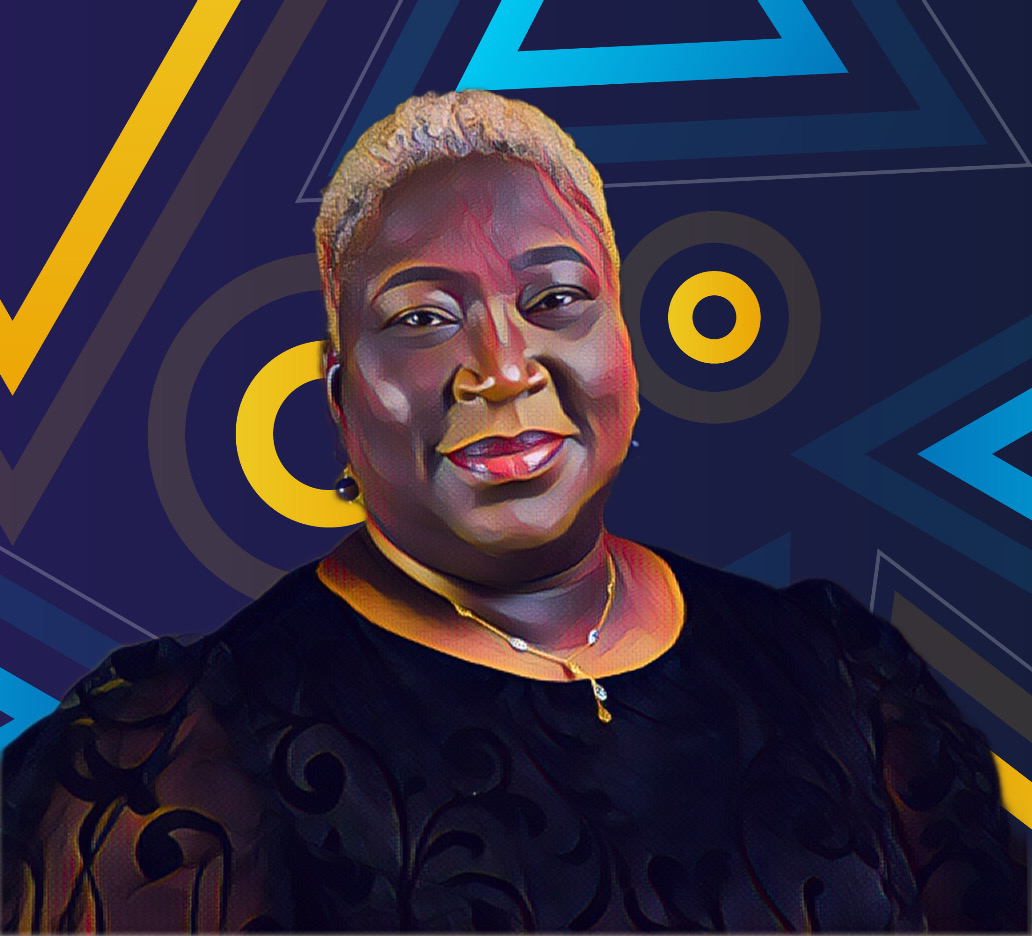KEY POINTS
- Temie Giwa-Tubosun is transforming blood transfusion services in Nigeria.
- Abimbola Adebakin is enhancing the accessibility of affordable medicines.
- Ola Brown and Ifeoluwa Dare-Johnson are advocates for inclusive healthcare.
Nigeria’s health sector is undergoing a quiet but powerful revolution, driven by women who are building impactful health-tech companies, championing medical accessibility, and redefining the future of care across the country.
Come along as we explore these five dynamic entrepreneurs in the health sector.
1. Temie Giwa-Tubosun

Temie Giwa-Tubosun is a leading force in Nigeria’s healthcare sector, widely recognized for her pioneering work in revolutionizing blood transfusion services. As the founder and CEO of LifeQ, a healthcare technology company, Giwa-Tubosun has made significant strides in improving access to blood products in Nigeria. Through innovative solutions like a mobile blood donation platform, LifeQ connects blood donors with hospitals and blood banks, ensuring the timely delivery of life-saving products. This system has had a profound impact, reducing deaths caused by blood shortages during emergencies.
Her work extends beyond Nigeria, with LifeQ making strides across other African countries.
2. Abimbola Adebakin

Abimbola Adebakin has carved out a powerful niche in Nigeria’s healthcare sector by combining entrepreneurship with a deep commitment to improving healthcare access. Through her company, the Pharma Group, Adebakin has focused on creating a more efficient pharmaceutical supply chain, ensuring that life-saving medicines reach underserved regions. Her work addresses the logistical challenges that often prevent Nigerians from accessing essential healthcare products, especially in rural areas.
Adebakin’s entrepreneurial drive has helped reduce the costs of medications and increased their availability.
3. Folake Owodunni

Folake Owodunni is an influential figure in the healthcare sector, particularly in the area of medical devices. As the CEO of Seapack, Owodunni has played a crucial role in ensuring the availability of essential medical equipment and supplies in Nigeria. Seapack specializes in manufacturing and distributing high-quality medical devices, making healthcare more efficient and accessible across the country.
Owodunni’s work not only addresses the need for local production of medical devices but also fosters sustainability within the healthcare industry. Through SeaPack, she is helping to mitigate reliance on imports, which often leads to inflated costs and delays.
Her dedication to quality and accessibility is shaping a future where Nigeria can meet its healthcare needs locally, reducing the burden on imported goods and improving care.
4. Ola Brown

Ola Brown is a powerhouse in Nigeria’s health investment sector. As the founder of HealthPlus, she has spearheaded efforts to improve the accessibility of pharmaceuticals and healthcare services. HealthPlus is one of Nigeria’s largest pharmaceutical retail chains, providing high-quality medications and health products to millions of Nigerians. Brown’s focus on scaling health services has brought essential healthcare products to urban and rural areas alike, breaking down the barriers that often limit access.
Through HealthPlus, Brown has also worked to create jobs and stimulate the local economy.
Her impact goes beyond just healthcare provision; she has contributed to job creation, entrepreneurship, and improving Nigeria’s economic stability.
5. Ifeoluwa Dare-Johnson

Ifeoluwa Dare-Johnson is a passionate mental health advocate who is working tirelessly to change the narrative around mental health in Nigeria. As the founder of “Healing for Minds,” an NGO dedicated to promoting mental health awareness, Dare-Johnson has been a key player in reducing the stigma associated with mental illness. Her work includes advocating for policy changes, raising public awareness, and providing support for individuals facing mental health challenges.
Dare-Johnson’s efforts are focused on creating a more open dialogue around mental wellness, especially in a country where mental health has often been neglected. Her advocacy is paving the way for a more inclusive approach to healthcare in Nigeria.


